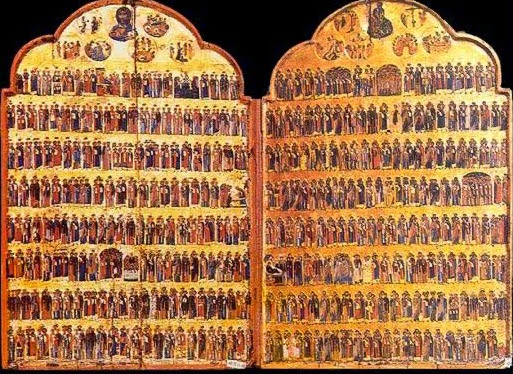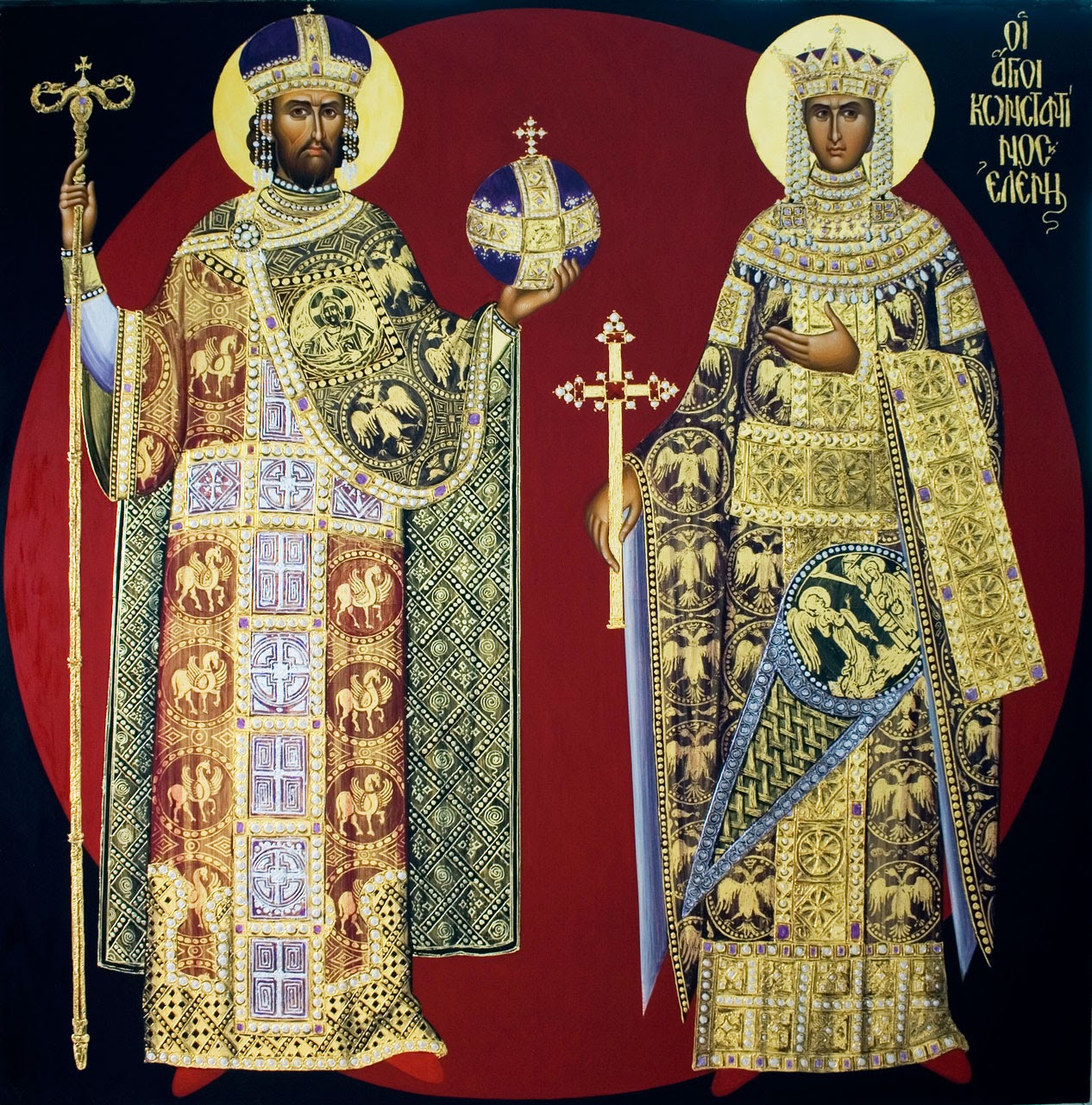"I call upon You, God, Pantokrator, Lord Jesus Christ, Heavenly King:
I call upon You, the maker of heaven and earth.
I exorcise you, spirit unclean, according to the word of God, the maker of heaven and earth.
Be put to flight by the one who wraps himself in light as a cloak:
the one who alone has immortality and light unapprochable:
to Whom be glory and power unto the ages.
Amen."
--St. Epiphanius of Salamis
What St. Epiphanius' short prayer was written to do is something which the world has needed since the Garden: the exorcism of demons. While sin is, of course, the choice of man, the demons play their part in trying to bend us toward sin, to constantly bombard us with temptation (think of C.S. Lewis' fictionalized account of this in The Screwtape Letters). But God does not leave us to their whims: we are not abandoned into the hands of the "worldrulers," as St. Paul calls them. Indeed, He gives us the power of His Spirit to drive them away from us.
.jpg)









